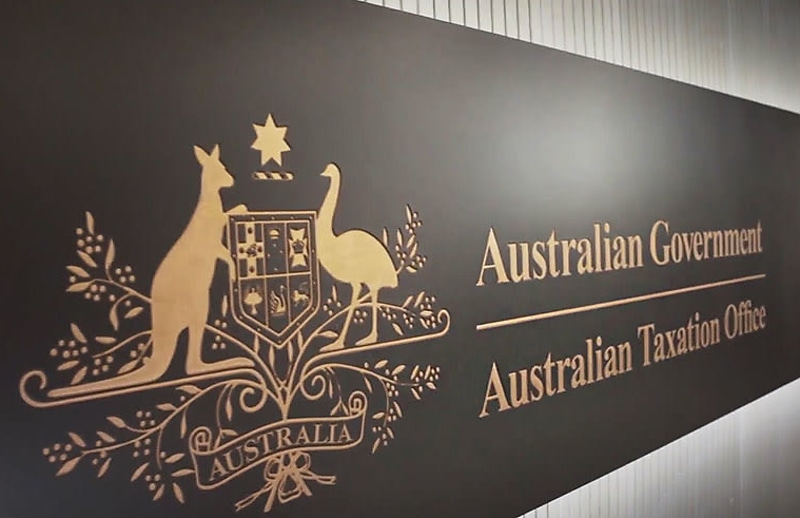The ATO has emerged a winner from the budget with $1.5 billion in extra funding to extend three of its high-profile compliance schemes and reap a revenue increase of $5.6 billion over four years to 2025–26.
The government expects the crackdown to net $3.7 billion after allowing for the extra funding and GST payments, with the multinational program empowered by changes to legislation and an extension to the Tax Avoidance Taskforce.
You’re out of free articles for this month
The taskforce now runs to 2025–26 with an extra $200 million a year and the goal of reaping an additional $2.8 billion from its focus on multinationals, and large public and private businesses.
The ATO’s Shadow Economy Program also gets an extension to 2025–26 so that it can continue “a strong and co-ordinated response to target shadow economy activity, protect revenue and level the playing field for those businesses that are following the rules”.
It is forecast to garner an extra $2.1 billion over four years at a cost of $685 million.
At the same time, funding of $80 million extends the Personal Income Taxation Compliance Program to 2024–25 and is expected to yield $674 million from a crackdown on overclaiming of deductions and incorrect reporting of income.
“The funding will enable the ATO to modernise its guidance products, engage earlier with taxpayers and tax agents and target its compliance activity,” the budget papers said.
Also a winner is the TPB, with $31 million over three years from 2023 to target “high-risk practitioners who engage in poor and unlawful tax advice to improve tax compliance and raise industry standards”. It is expected to increase receipts by $82 million.
Grant Thornton tax partner Yan Wong said the government was getting “bang for its buck”.
“Since these task forces came into play, the ATO has been focusing firstly on the large end of town — so they started with a top 200 program, that became a top 1,000 program, and then that got expanded on and off,” he said on a seminar yesterday.
“So I think we’re getting to the end of how much they can till that particular field and they’re now looking at high-net-worth individuals in terms of personal income tax.”
He said the taskforces were delivering paybacks many times the investment.
“They’re really getting significant payback in terms of actually finding additional revenues in multiples of what they’re spending. So it really is, in a sense, money well spent for them.”
BDO partner Lance Cunningham said the budget was “all stick and no carrot” with the government following through on many of the multinational measures it had previously flagged.
One of the most significant changes involved the thin capitalisation rules, which abolish the safe harbour test and replace it with an earnings-based test which limits debt-related deductions to 30 per cent of EBITDA. Debt-related deductions exceeding that would be disallowed but can be carried forward for up to 15 years.
Mr Cunningham said the carry-forward provision was welcome but the rules would bite with the safe harbour test replaced by a complex calculation that would be “a real problem” for start-ups that required substantial borrowings.
Also proposed is to ditch the Worldwide Gearing Test in favour of an earnings-based group ratio rule while the Arm’s Length Debt Test will be amended to only allow an entity’s external (third party) debt deductions and disallow related party debt deductions.
“So overall, if you're wanting to claim interest as multinational you're going to have a hard time going forward,” he said.
He said Australia was in the vanguard with another initiative that aims to prevent “significant global entities” (revenue of at least $1 billion) from claiming tax deductions for payments made in relation to intangibles held in low tax (less than 15 per cent) jurisdictions.
“This is really Australia trying to be the world’s tax police to discourage people setting up in low-tax jurisdictions.” he said. “If you've got your intellectual property located in a low-tax jurisdiction and then paying royalties to use that IP, you won’t get a tax deduction with those royalties.”
Also in the measures are tax transparency changes that would require large multinationals to release tax information on a country by country basis and make a statement on their approach to taxation.
“They’ve implemented just about all the multinational tax avoidance things that they said they were going to do.”

 Login
Login







